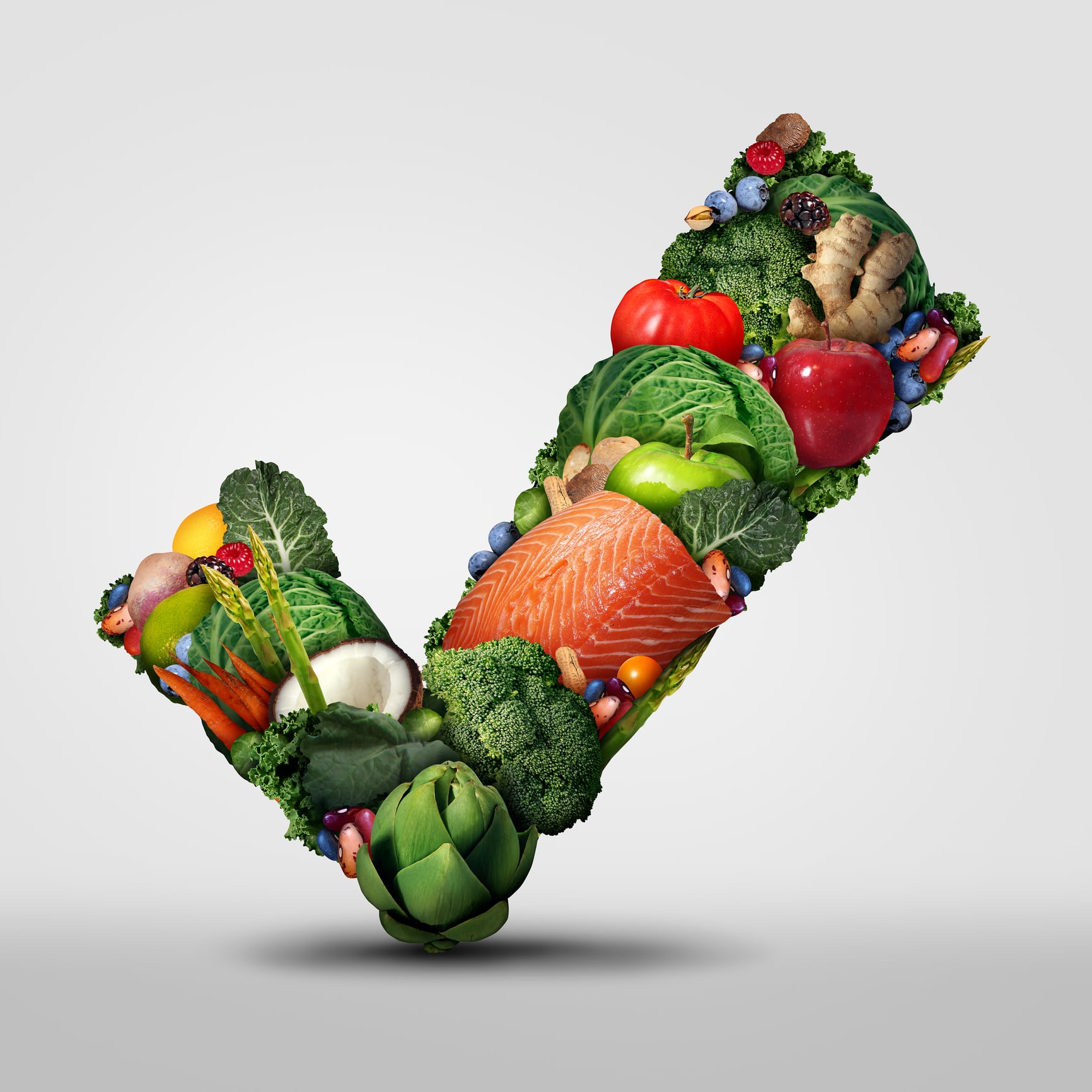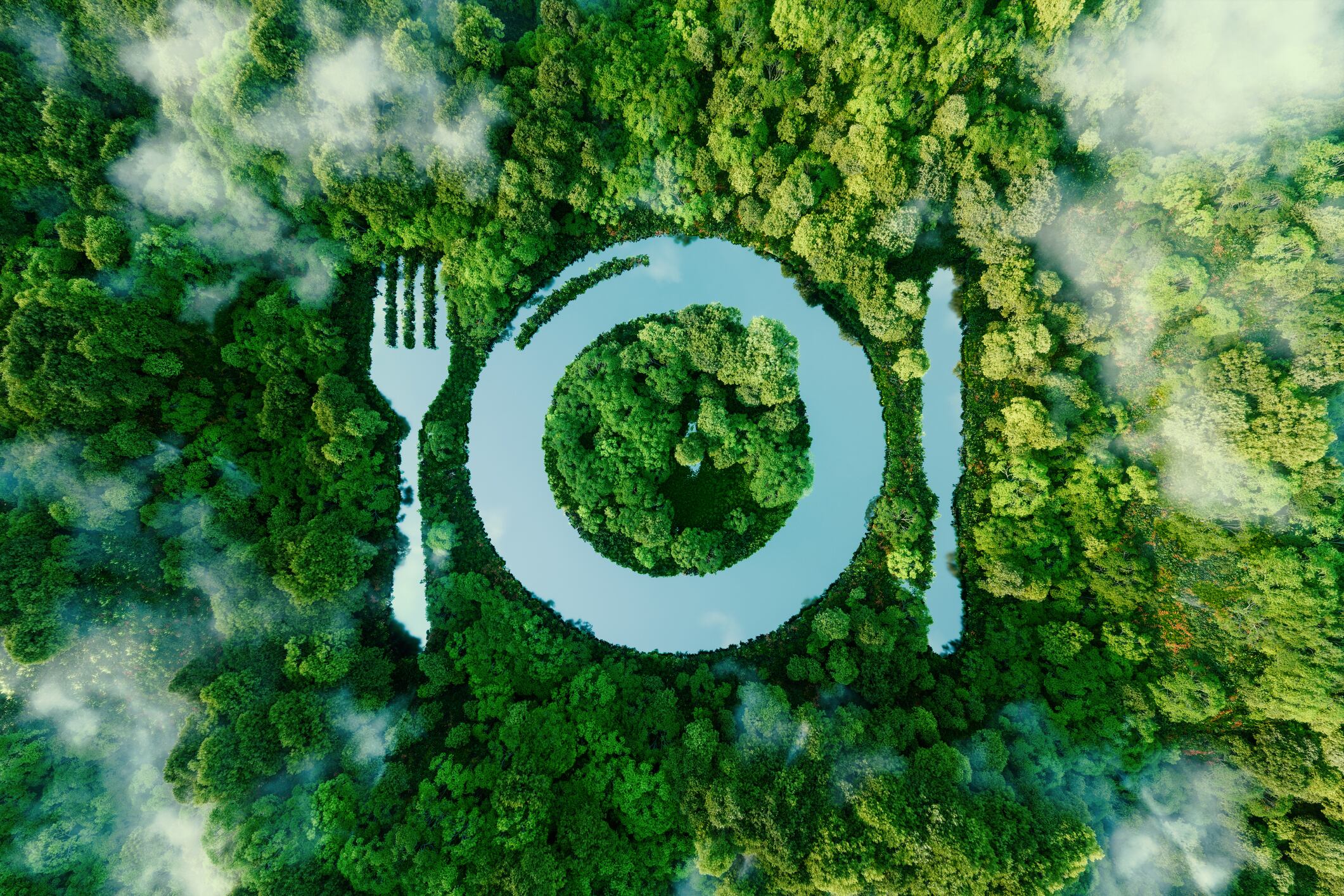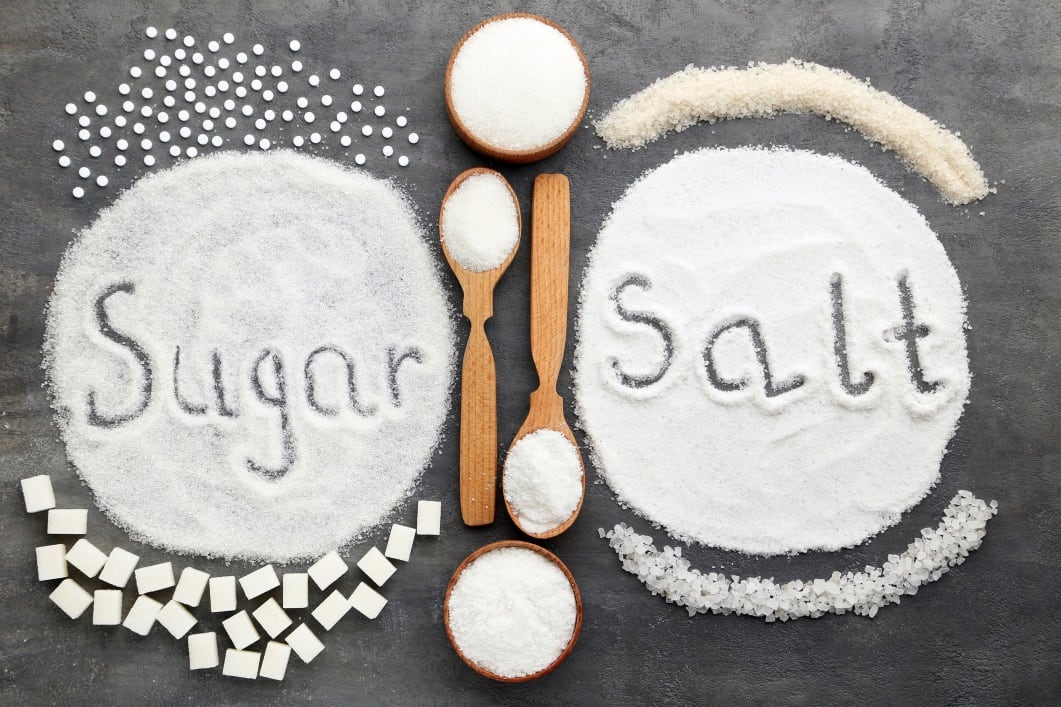Pesticide residues dominate China’s latest food safety findings
A new China government food safety report shows potential pesticide risks, spotlighting challenges for authorities, industry, and consumers
This half-yearly report covered the first half of 2025, and involved the authorities conducting checks on over 2.6 million products in the market.
Of these 2.6 million checks, 2.61% were found to have failed food safety inspections – which may seem like a small percentage but unfortunately also equates to almost 68,000 unsafe items detected on the market, suggesting even more such items that were not detected.
South Korea boosts K-Food security amid rise in fake products
South Korea is responding to fake food complaints with tighter controls, hoping to safeguard local food industry standards and export trust
Over the past few months, Korean newspapers have been full of reports about fake K-foods being sold in markets like China and Thailand.
Big names that have been hit include the iconic Samyang Foods Buldak ramen and Hite Jinro soju, which have seen fake versions with very realistic-looking packaging on the market.
The big UPF myth: Why consumers say one thing and eat another
Do manufacturers really need to navigate out of the ‘dirty’ UPF world?
Perhaps not, as exclusive research shows consumers’ perception of UPF is very different to their reality
3 key challenges to building sustainable food systems in Asia
Asian food systems face three major challenges towards achieving sustainability – find out what these are and what needs to be done to tackle them
Some of this can be attributed to a lack of education and awareness among both food producers and consumers, but there are also many deeper underlying root issues that need to be addressed before sustainability can truly become a way of life in this region.
Veolia tackles food waste and clean energy challenges in SEA
Proper waste disposal and renewable energy are key priorities for South East Asia, said the firm
Hazardous waste volumes in food and nutraceutical industries are relatively lower, as these sectors avoid high-risk substances, said Veolia’s Director for Business Development in South East Asia, Matt Stanelos.
That said, niche areas that require attention exist.
“For instance, alcohol producers often need secure product destruction when batches fail quality tests,” said Stanelos.





